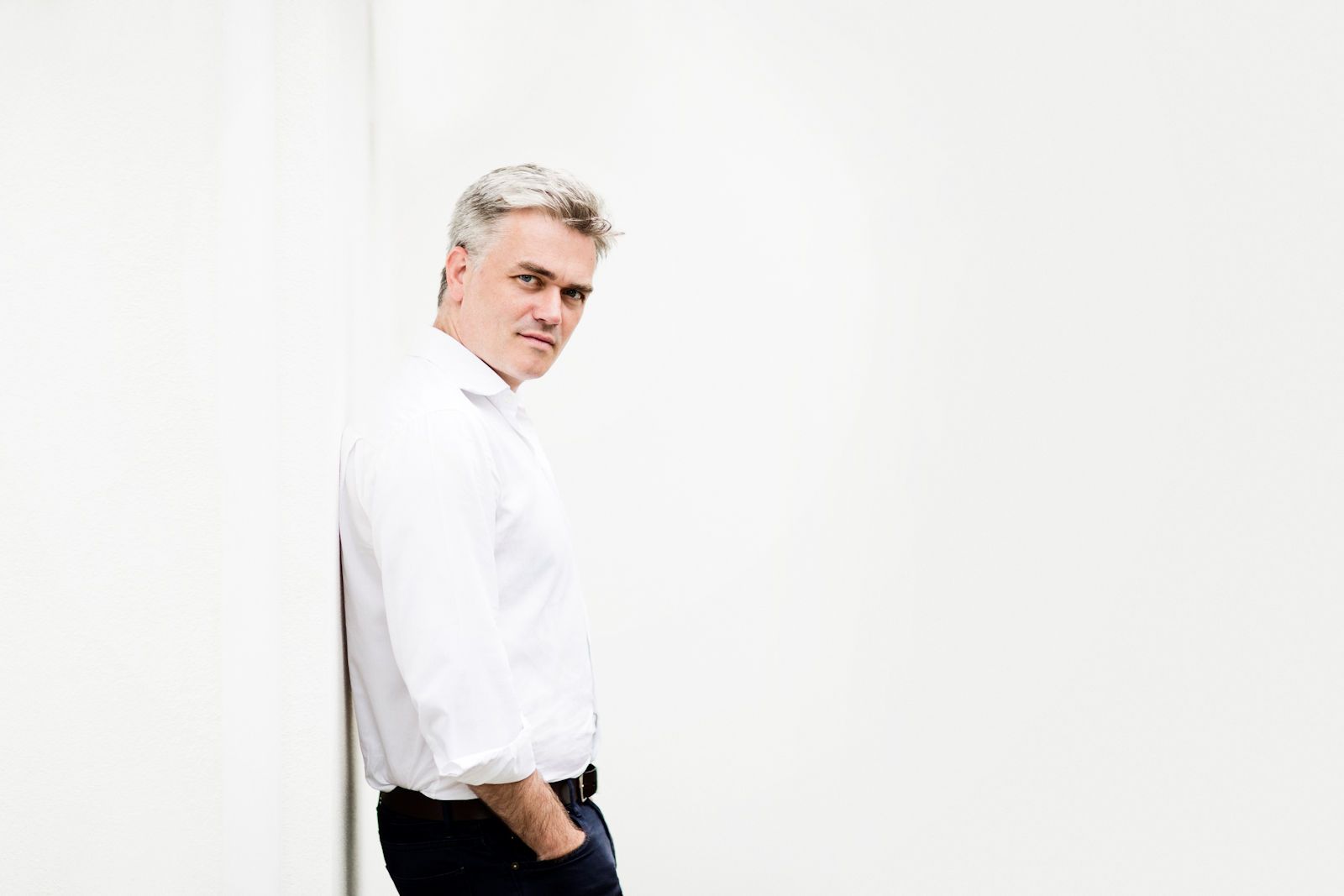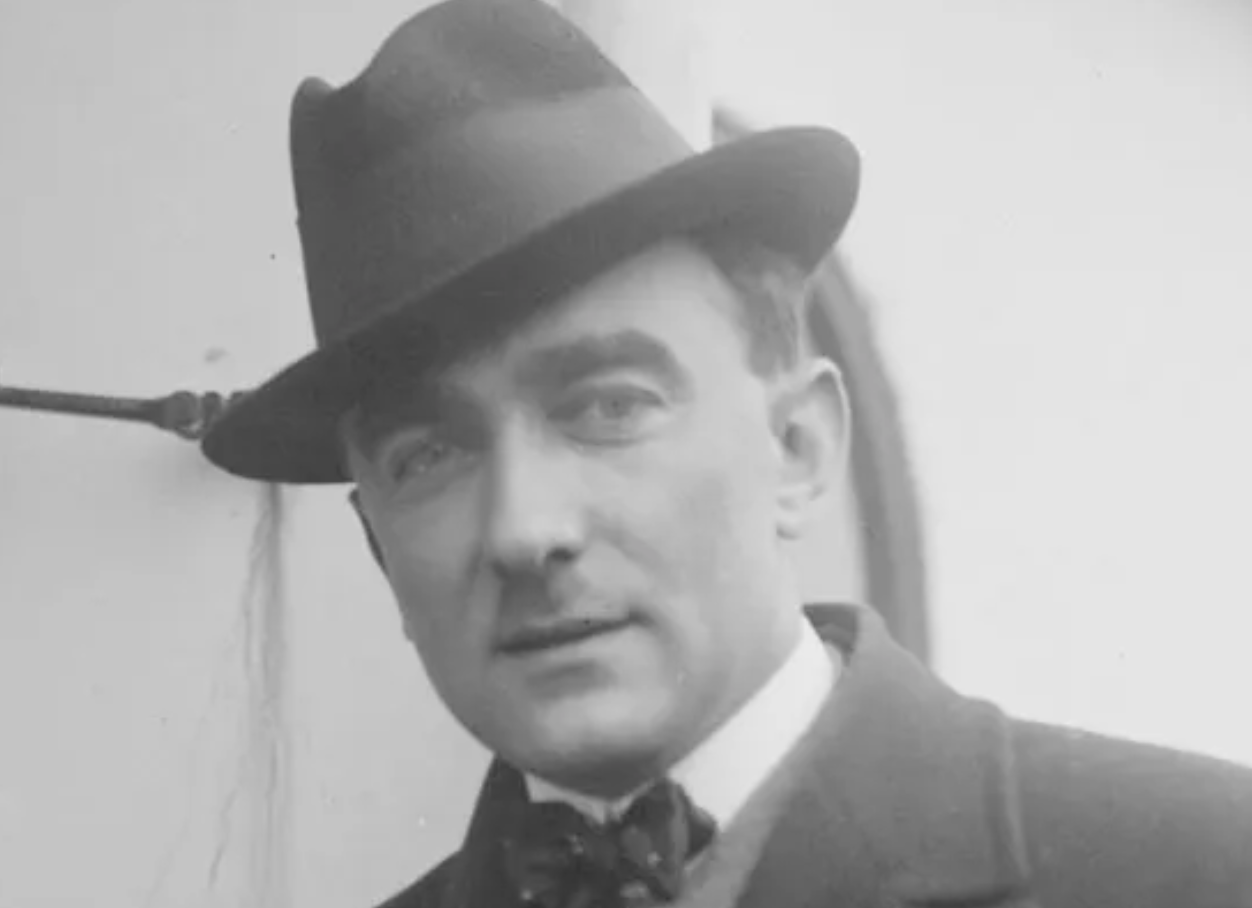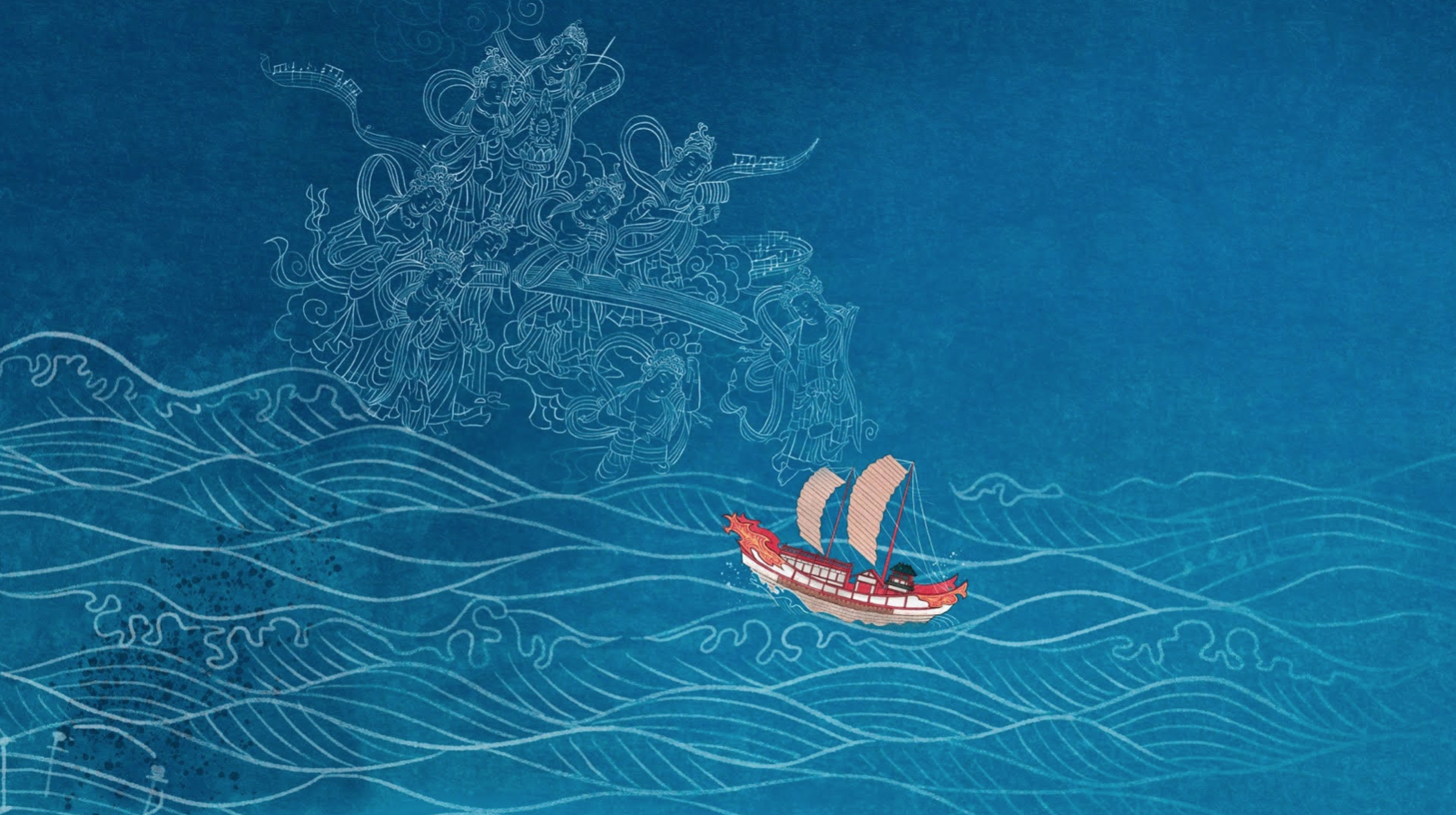On Saturday 2nd March and Saturday 16th of March the Choir will be performing Haydn’s Creation and Mozart’s Mass in C minor respectively under the baton of the LPO’s Principal Conductor, Edward Gardner. Soprano Jane Hanson spoke with him about his choral life and loves, and in particular these two fantastic upcoming pieces.
In the beginning
I was born in Gloucester where my parents still live. They come from a medical background and would never really have thought of sending me to a private school but we lived so close to Gloucester Cathedral – where if you became a chorister you got a private education for free – that they put me forward for the choir school. That’s how I started my path into choral music at the age of seven when I was accepted as a chorister there.
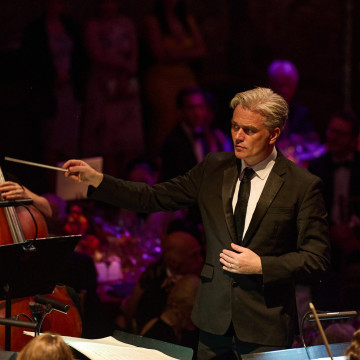
http://freelanceeventsphotographer.co.uk/coroporate-event-photographer-london
I absolutely loved it from day one; to sing with my friends for two hours a day was wonderful and I never resented having less holidays than my other friends or having to sing on the weekends. I remember getting absolutely fired up by simply singing and knew right then that I wanted to work in music as I got so much inspiration and pleasure form being a part of that choir. I moved on with a further choral scholarship at thirteen and then as a choral scholar at King’s College, Cambridge before finally studying conducting at the Royal Academy of Music – I kept singing for as long as I could.
I began my career as a choral conductor and I have always had a passion for choral works. I’m very comfortable with choirs as that’s so much of my background and who I am now – I love working with choirs and elevating their already brilliant level. So now, as Principal Conductor of the LPO, programming and conducting choral works together with the London Philharmonic Choir is a big part of what I love to do. I like to have at least three or four decent choral pieces during the season and to be honest, I would feel a bit bereft if I didn’t have those as they’re such big events. For us, those pieces we do together at the Royal Festival Hall are the ones that really make the hall sing.
I know the LPC are an “amateur” choir but they’re absolutely singing at the highest level and for me it’s wonderful to combine this passion and professionalism into the LPO programme. How many amateur choirs can do the Ligeti Requiem, Gurrelieder, the award winning Midsummer Marriage, The Damnation of Faust, Janacek’s Glagolitic Mass, Elgar’s Apostles, Tan Dun’s Buddha Passion, Tippett’s A Child of Our Time, Elena Langer’s world première of The Dong with the Luminous Nose and Mahlers 2 and 3 in a couple of years, and all to such a high standard? When I have a choir like the LPC who I know will tackle anything it’s a big gift. I think the LPC is the best amateur choir in the UK.
The marv’lous work beholds amazed
I’m really looking forward to working on other big choral works with the choir in the future. Obviously I can’t give everything away here but the big Mahler pieces are great and hopefully we’ll have a Mahler 8 coming in the not too distant future.
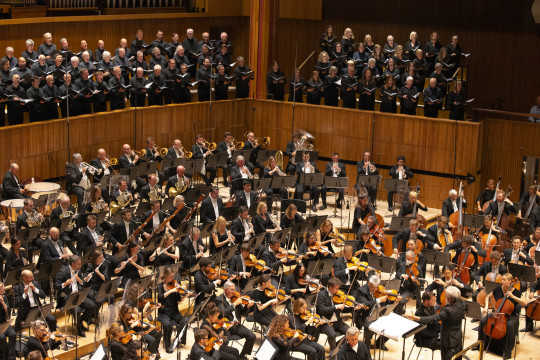
I also want to do some of the 20th century masterpieces, for example Harmonium by John Adams which was cancelled due to Covid. It’s one of his completely great pieces with those incredibly lovely effusive Emily Dickinson texts. It’s so beautiful and although I’ve done it before, I really want to do it again. There’s also a lot of 20th and 21st century masterpieces that don’t get a look in, for example Brett Dean’s new piece based on the myth of Creation and then Gubaidulina’s Seven Last Words which I find fantastic and magical – it’s so full of spirituality and fantasy. Then of course we have an amazing concert at the Proms later on this year, but we can’t talk about that until April 24th!
The heavens are telling
So let’s talk about these two wonderful Haydn and Mozart works we’re performing together on the 2nd and 16th of March. These fantastic pieces come from a similar era but have such different backgrounds.
Haydn’s Creation is one of the greatest choral masterpieces we can ever engage in. I remember singing certain choruses of it as a child and it’s really based on that great Handelian model of community singing as a big gesture. Haydn was so taken on hearing large scale amateur performances when he came to London and was inspired to create similar pieces; this is where The Creation came from. Despite being a creation story it’s very much grounded in this world, and what an incredible story he’s set with the chorus as the main protagonist.
At that time in the enlightenment, 1797/8, Haydn went away from Old Testament brow beating and moved towards humanity, which comes across so much in this piece. You start with the joy of creation in Part One, then we get the brilliant and almost cartoonish sense of all the animals in Part Two before moving on to Adam and Eve and their beautiful love story in Part Three. It feels really very modern when you’ve come through this journey; his brilliance for melody and new colours is evident on every page of the score and for me every page turn is exciting. Everyone comes away from this piece feeling energised – it’s so joyful and really is one of the great choral pieces. I’d say it’s almost as close to great opera that Haydn ever got, it’s so beautiful and it doesn’t really feel like an oratorio, it feels like you’re watching an intimate scene between two people. It’s exceptional and it has everything – people have to come and hear it.
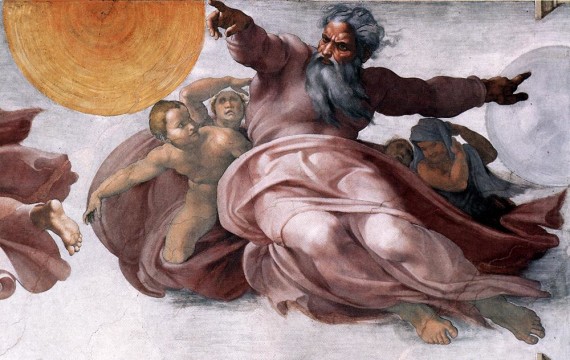
And then there’s the gargantuan and brilliant Mass in C minor by Mozart, which is my favourite choral piece of his. If you want to ask me what piece Mozart wrote that uses the choir and liturgy and the story behind it in the best way then it’s absolutely this piece. If Haydn’s Creation is based on Handel then I think this is much more connected to Bach and looking back to those big ceremonial masses Mozart would have known in Salzburg as a child and young adult.
The choral writing has a strength and visceral quality to it and it’s not like anything else he wrote at all. The choir is used in a majestically set in stone quality – an almost baroque sense – with big gestures, double choir, fugues, sublime soloists and it’s all written so beautifully. It’s another absolute must.
Come and hear us
Saturday 2nd March 2024
7.30pm, Royal Festival Hall
Edward Gardner conductor
Louise Alder soprano
Allan Clayton tenor
Michael Mofidian bass-baritone
London Philharmonic Orchestra
London Philharmonic Choir
Haydn The Creation
Saturday 16th March 2024
7.30pm, Royal Festival Hall
Edward Gardner conductor
Julia Fischer violin
Hera Hyesang Park soprano
Elizabeth Watts soprano
Pavel Kolgatin tenor
Ashley Riches bass-baritone
London Philharmonic Orchestra
London Philharmonic Choir
Mozart Overture, The Magic Flute
Daniel Kidane Aloud, for violin and orchestra (world premiere)
Mozart Mass in C minor

